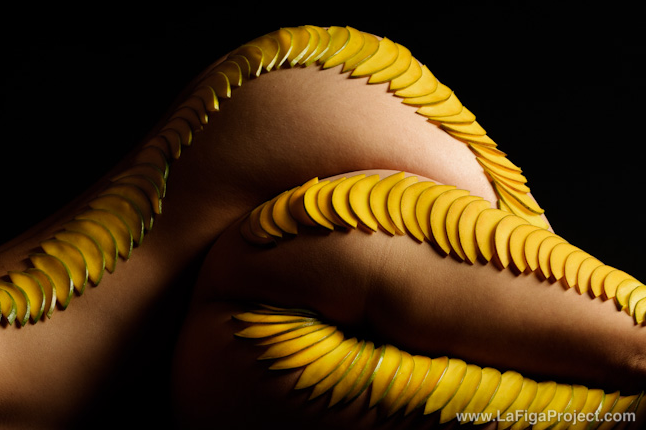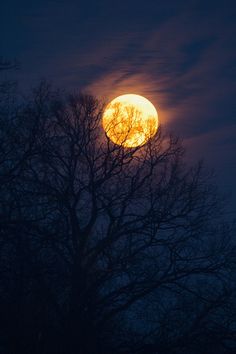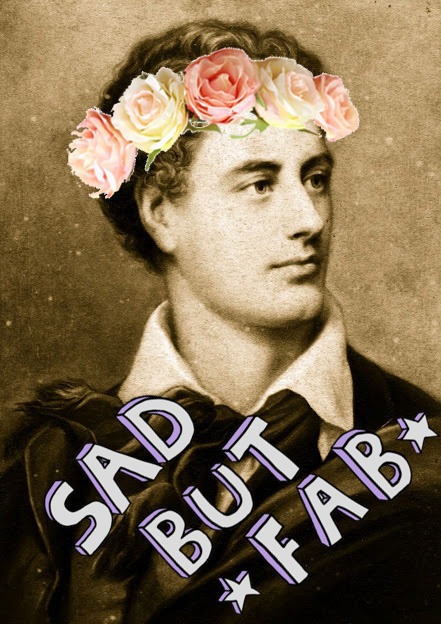Ariel J. Richards
ENG 350
Professor Moy
1 December 2017
John Keats: Sensual Pioneer
James Najarian wrote a two-hundred-and-forty-page article on John Keats, this article is summarized on Romantic Circles by Peggy Dunn Bailey. I believe a portion of this article will validate my main point. John Keats is the nineteenth century equivalent of Hugh Heifner the recently deceased pornography pioneer. Both created racy material during a chaste time and as a result started a controversial but necessary conversation. Society has waves of majority or authority approved conduct that exhibit seemingly disciplined behavior and is defined as control, followed by conduct that exhibits an unshackled regard of others or self that can be seen as no control. Conditioning the members of any populace to believe certain geographic or religious specific habits are organically human when in fact they are synthetic social constructs is common throughout history. People are alive, they feel hunger without food, the lack of warmth without shelter and through the want of companionship, pleasure and the continuation of biological legacy they have sex. Sex is organic and yet for multiple reasons too numerous to be listed it is treated as a chemically hazardous entity, regardless during the height of the television sitcom Lucy, Hugh Heifner revolutionized visual entertainment and brought us, porn. During the height of poems and sonnets placing courtly love on a golden pedestal John Keats revolutionized written entertainment and brought us, sensual works.
This paper is clear on the social aspects but I am unclear on how to categorize it and from what lens should I frame my argument. I could frame my analysis that despite a lot of Keats and nineteenth century works so called appreciation for the natural realm, they shy away from sex. If I should magnify the ebb and flow of the acceptance of sex socially and politically from Keats and beyond. There is also the possibility of wandering if the negative critique and reviews of Keats were similar to the Disney’s take on the Hunchback of Notre Dame where men of authority project their sexual frustration onto being over controlling on the populace under their care. Still in the midst of a brainstorm.






Leave a Reply